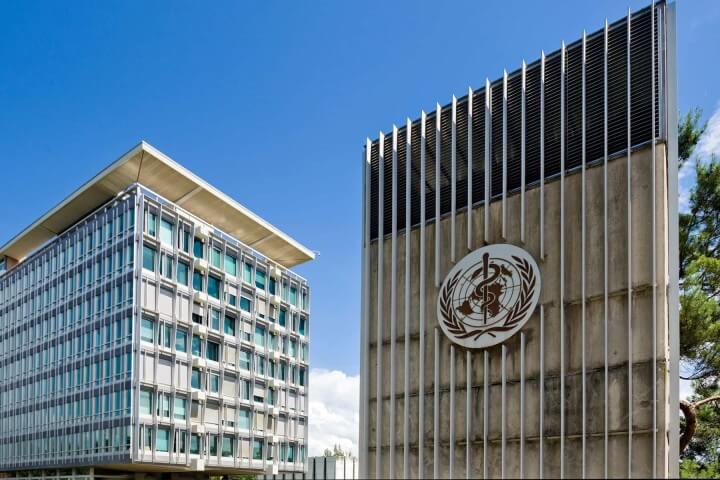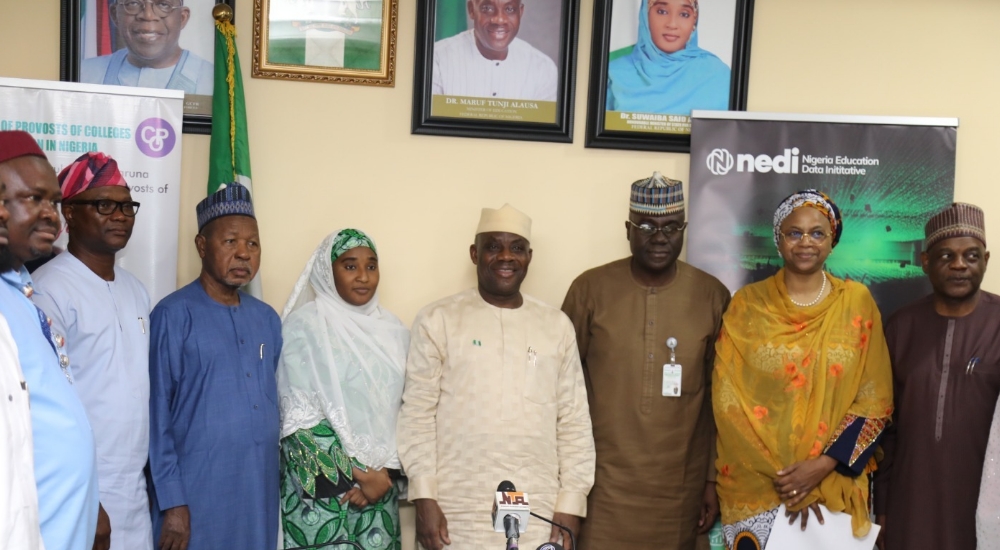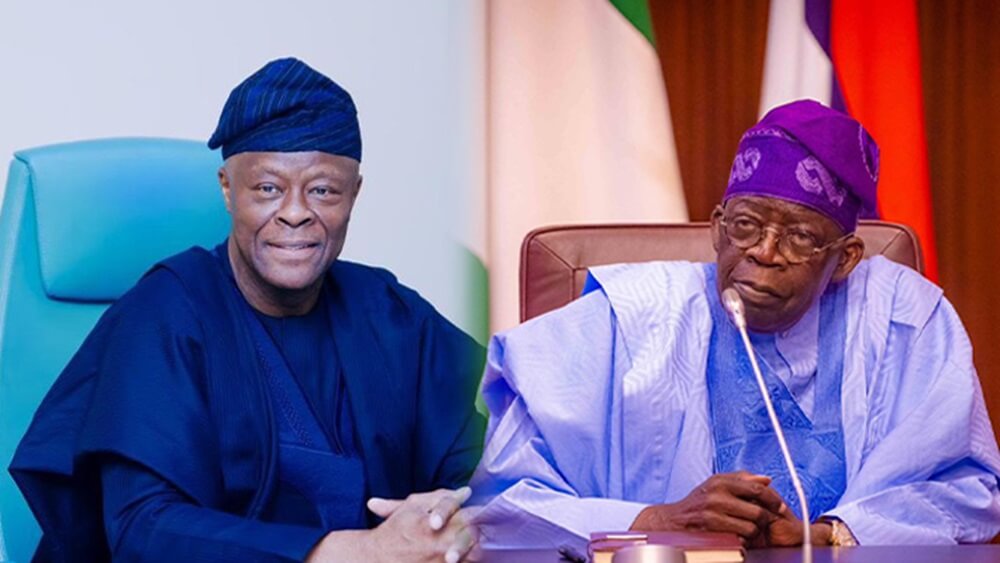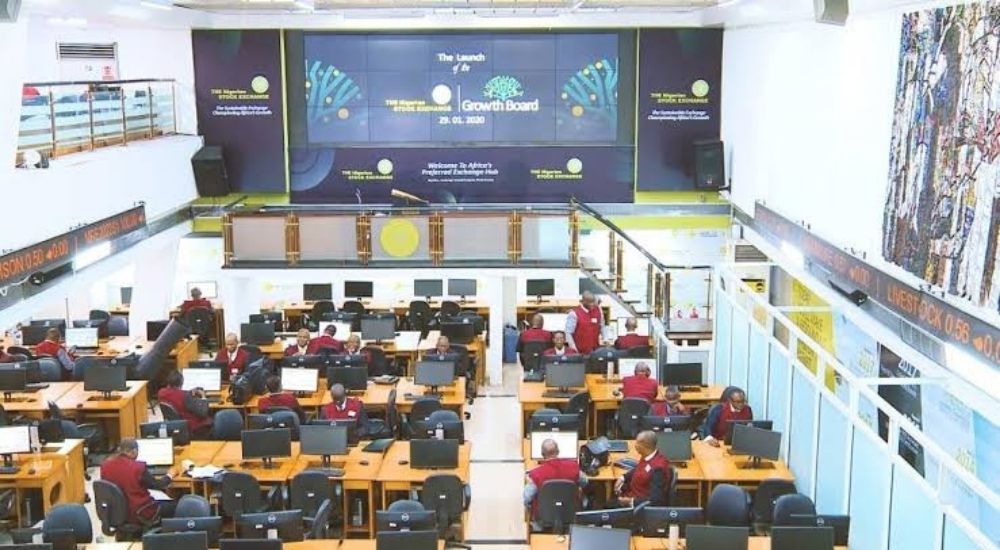WHO Approves New Vaccine To Protect Infants From RSV

The World Health Organisation (WHO) has published its first-ever position paper on immunisation products to protect infants against Respiratory Syncytial Virus (RSV), a leading cause of acute lower respiratory infections in children globally.
WHO said RSV causes approximately 100,000 deaths and over 3.6 million hospitalisations in children under 5 years worldwide each year.
It added that about half of the deaths occur in infants younger than 6 months, with 97 per cent of RSV deaths in infants happening in low- and middle-income countries.
According to the Centres for Disease Control and Prevention (CDC), RSV is a common respiratory virus that usually causes mild, cold-like symptoms.
The symptoms include a runny nose, cough and fever. However, it can lead to serious complications including pneumonia and bronchiolitis in infants, young children, older adults and those with compromised immune systems or underlying health conditions
The Position Paper, published in the Weekly Epidemiological Record (WER), outlined WHO’s recommendations for two immunisation products, including a maternal vaccine that can be given to pregnant women in their third trimester to protect their infant and a long-acting monoclonal antibody that can be administered to infants from birth, just before or during the RSV season, providing protection for at least five months.
According to the WHO Director of Immunisation, Vaccines, and Biologicals, Dr Kate O’Brien, “The WHO-recommended RSV immunisation products can transform the fight against severe RSV disease, dramatically reduce hospitalisations and deaths, and ultimately save many infant lives globally.”
In response to the global burden of severe RSV disease among infants, WHO recommends that all countries introduce either the maternal vaccine, RSVpreF, or the monoclonal antibody, nirsevimab, depending on the feasibility of implementation within each country’s existing health system, cost-effectiveness and anticipated coverage.
According to the World Health Organisation, both products were recommended by the Strategic Advisory Group of Experts on Immunisation (SAGE) for global implementation in September 2024. Additionally, the maternal vaccine received WHO prequalification in March 2025, allowing it to be purchased by UN agencies.
It also recommends that infants receive a single dose of nirsevimab right after birth or before being discharged from a birthing facility. It added that if not administered at birth, the monoclonal antibody can be given during the baby’s first health visit.
WHO advised that if a country decides to administer the product only during the RSV season rather than year-round, a single dose can also be given to older infants just before entering their first RSV season.
The new position paper aims to inform national public health policymakers and immunisation programme managers on the use of RSV immunisation products in their national programmes, as well as national and international funding agencies.
WHO Approves New Vaccine To Protect Infants From RSV is first published on The Whistler Newspaper





